Health And Medicine
-

Scavengers “protect” HDL
Lipid molecules that bind to HDL can modify its function — and blocking that modification can protect HDL and potentially lower the risk of atherosclerosis and heart disease. Read MoreJun 29, 2018
-
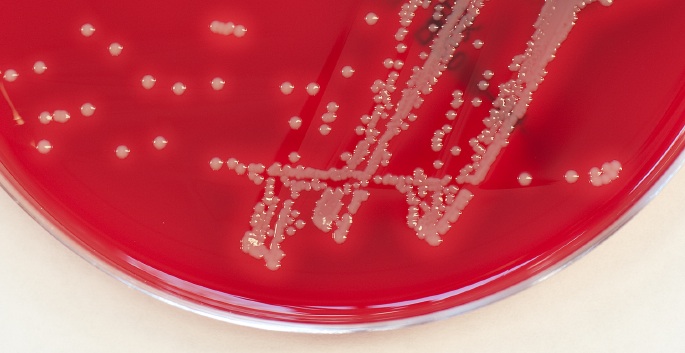
New staph virulence factor
The new factor, an enzyme involved in host-pathogen interactions, may be a viable target for treating staph infections. Read MoreJun 28, 2018
-
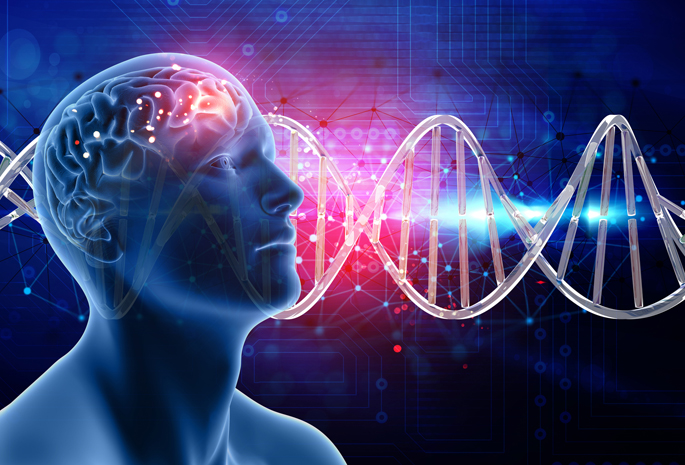
Shared genetics may shape treatment options for certain brain disorders
Symptoms of schizophrenia and bipolar disorder, including psychosis, depression and manic behavior, have both shared and distinguishing genetic factors, an international consortium led by researchers from Vanderbilt University and Virginia Commonwealth University is reporting. Read MoreJun 14, 2018
-

Novel infection fighter
A drug in use clinically to help make vaccines more effective may be a powerful new tool for fighting antibiotic-resistant infections. Read MoreJun 13, 2018
-
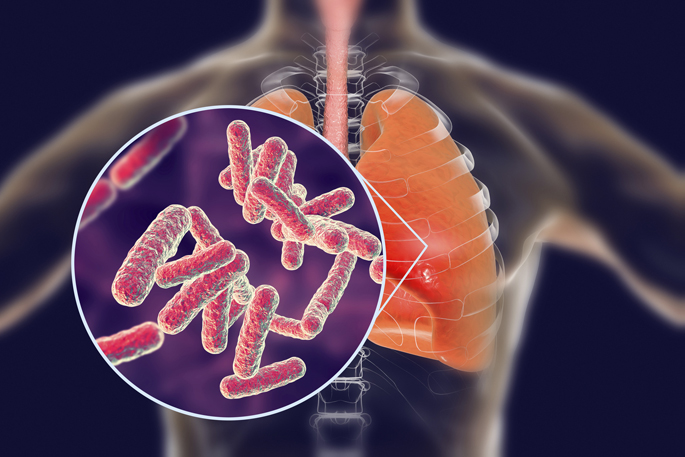
Confronting TB resistance
Vanderbilt researchers describe how certain tuberculosis treatments work and suggest these medications may overcome the threat of drug-resistant tuberculosis. Read MoreJun 11, 2018
-
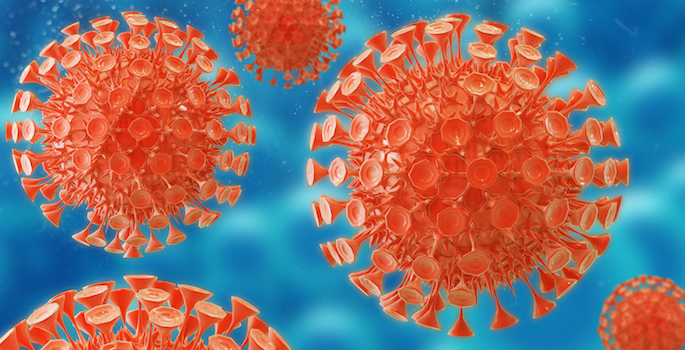
A “public” target for HIV
Common sequences of antibodies against HIV may be key to developing a successful vaccine strategy for the virus. Read MoreJun 8, 2018
-

Enzyme protects against obesity-related heart disease
Vanderbilt scientists have discovered that a certain enzyme plays a crucial role in preventing obesity-related cardiac dysfunction. Read MoreJun 7, 2018
-
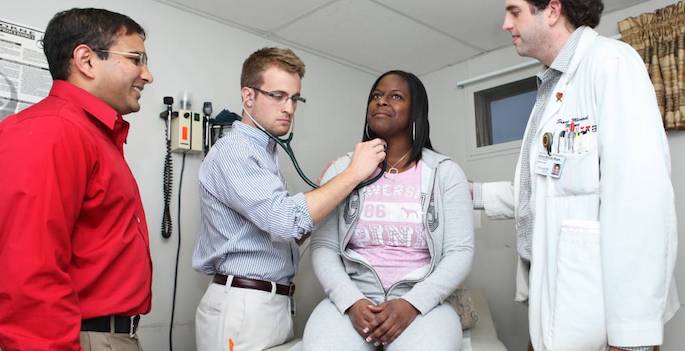
Student-run clinics may reduce hospital utilization
Student-run free health clinics, a hallmark of most medical schools across the country, not only provide valuable clinical experience for the students who volunteer there, but may actually reduce hospital utilization by the patients in their care, according to a Vanderbilt study recently published in the Journal of Health Care for the Poor and Underserved. Read MoreJun 7, 2018
-
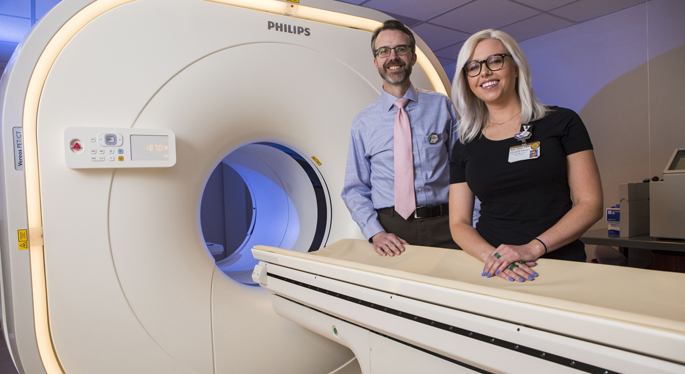
New PET/CT scanner set to expand research opportunities
A research-dedicated PET/CT scanner installed recently in the Vanderbilt University Institute of Imaging Science (VUIIS) will expand opportunities for Vanderbilt researchers to conduct studies of a wide range of disorders, from cancer to Alzheimer’s disease. Read MoreJun 7, 2018
-
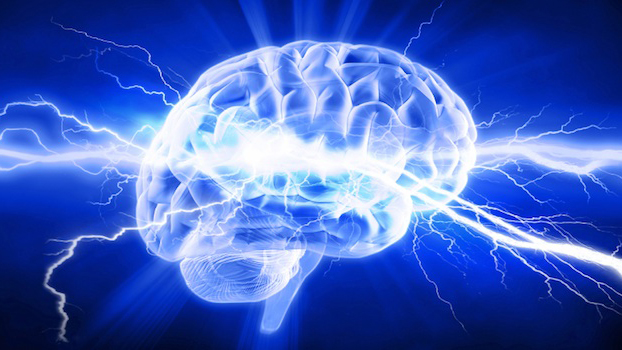
Research reveals underappreciated role of brainstem in epilepsy
New research from Vanderbilt suggests that repeated seizures reduce brainstem connectivity, a possible contributor to unexplained neurocognitive problems in epilepsy patients. Read MoreMay 31, 2018
-
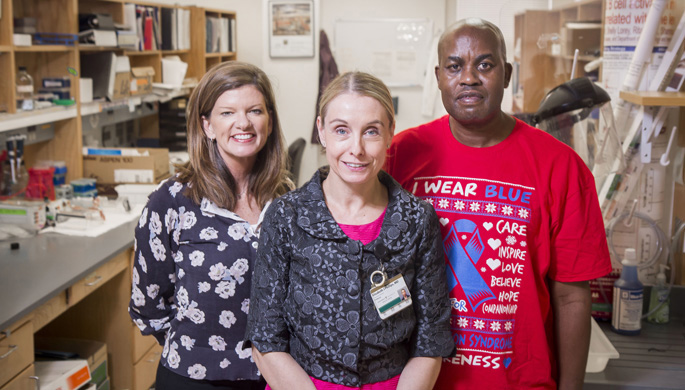
Team seeks to shed light on rare immune-mediated adverse drug reaction
Thirty years ago when she was 16, Katie Niemeyer was prescribed carbamazepine for depression. Three weeks later she was in a St. Louis, Missouri, burn unit with second and third degree burns all over her body. “My parents were told the chances of me surviving were slim,” she said. Read MoreMay 31, 2018
-

New research finds lung cancer risk drops substantially within five years of quitting smoking
Just because you stopped smoking years ago doesn’t mean you’re out of the woods when it comes to developing lung cancer. That’s the “bad” news. The good news is your risk of lung cancer drops substantially within five years of quitting. Read MoreMay 29, 2018
-
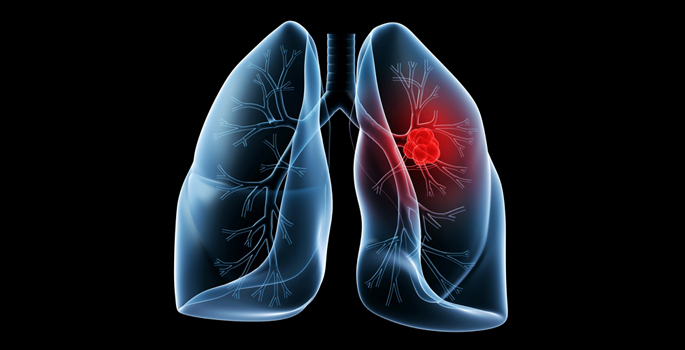
New method to thwart false positives in CT-lung cancer screening
A team of investigators led by Fabien Maldonado, MD, associate professor of Medicine at Vanderbilt, and Tobias Peikert, MD, assistant professor of Medicine at Mayo Clinic, Rochester, Minnesota, has identified a new technology to address false positives in CT-based lung cancer screening. The study was published in the latest issue of PLOS One. Read MoreMay 24, 2018
-
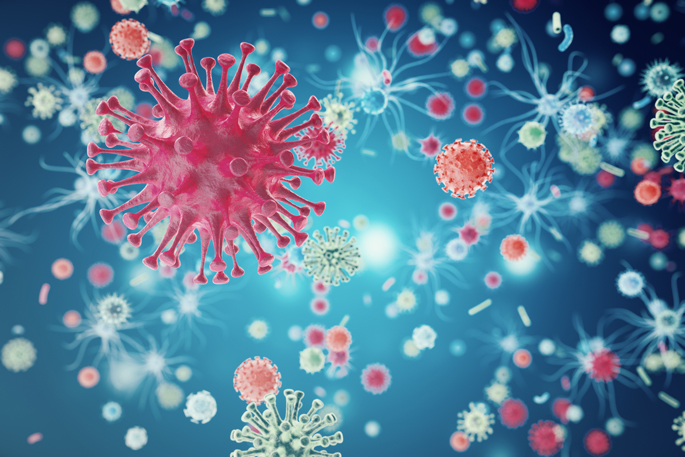
Evolution of a deadly virus
Genomic sequences have revealed that Florida is a major source of a mosquito-borne virus that causes disease in horses and humans. Read MoreMay 23, 2018
-
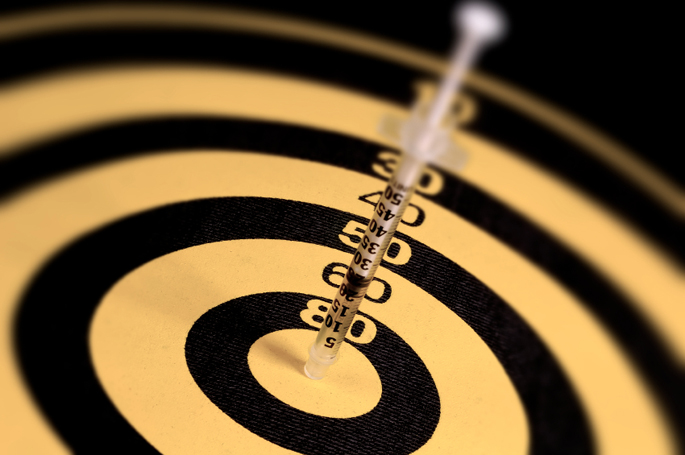
New target to stop Ebola
A new Vanderbilt study suggests it may be possible to develop antibody therapies or a universal vaccine effective against multiple Ebola virus family members. Read MoreMay 21, 2018
-
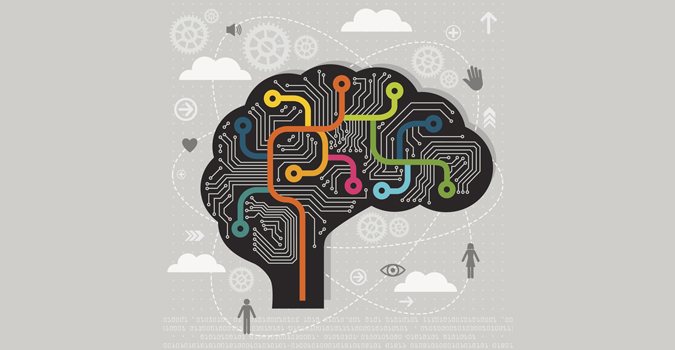
Shaping reward circuits
Using techniques to control and monitor the activities of individual neurons, Vanderbilt investigators are probing the brain’s reward circuitry. Read MoreMay 18, 2018
-
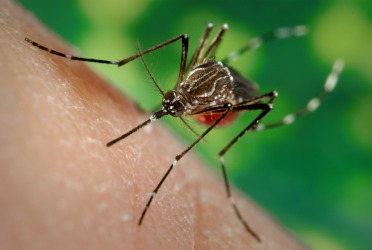
Alphavirus “Achilles heel”
Targeting the protein that mosquito-borne viruses use to enter cells could be a strategy for preventing infection by multiple emerging viruses. Read MoreMay 17, 2018
-

Study finds sharp rise in suicide risk for children
The number of school-age children and adolescents hospitalized for suicidal thoughts or attempts has more than doubled since 2008, according to a new Vanderbilt-led study published in Pediatrics. Read MoreMay 17, 2018
-

Early discharge of NAS infants prolongs treatment
Infants who are diagnosed with drug withdrawal after birth who are treated with medication as outpatients at home are treated three times longer than infants treated solely as inpatients, according to a new Vanderbilt study. Read MoreMay 17, 2018
-

Study finds acetaminophen helps reduce acute kidney injury risk in children following cardiac surgery
Children who underwent cardiac surgery were less likely to develop acute kidney injury if they had been treated with acetaminophen in the first 48 hours after their procedures, according to a Vanderbilt study just published in JAMA Pediatrics. Read MoreMay 14, 2018